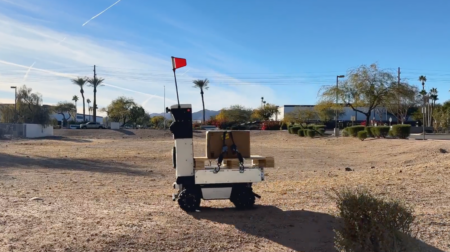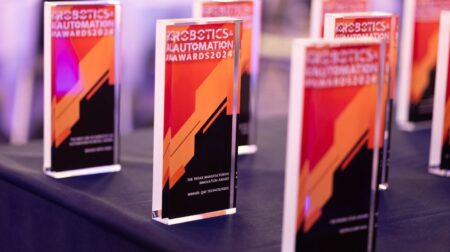A robot in Japan has set a new world record for solving a Rubik’s Cube, achieving a time of 0.305 seconds.
Recognised by Guinness World Records, the robot from Mitsubishi Electric shattered the previous record held by a robot at 0.075 seconds. The robot’s time is more than ten times faster than the best human effort.
Korean-American Max Park set the human record at 3.13 seconds during a Rubik’s Cube speed-solving event in California last year.
The robot’s accomplishment, which represents the same timeframe as the blink of an eye, highlights the rapid advancements in robotics, the company said.
In 2009, the record for a robot was one minute and four seconds. Mitsubishi Electric credited its achievement to “compact, high-power, signal-responsive servomotors,” which enabled the robot to rotate the cube 90 degrees in just 0.009 seconds.
Mitsubishi’s engineers faced challenges with the cube’s physical properties, initially experiencing jamming and breakage due to the robot’s speed.
Yuji Yoshimura, a senior manager at Mitsubishi Electric, commented: “Since establishing our Component Production Engineering Center in 2016, we have been developing and manufacturing high-tech motors, power semiconductors and related products.
“To demonstrate our technical capabilities in achieving high-speed, high-precision windings, which are key to increasing the productivity and efficiency of motors used in many of our products, our young engineers voluntarily worked to set the world record, resulting in a Guinness World Records title, which has motivated our engineers to further develop their technical skills.”
Since 2016, Mitsubishi Electric has focused on developing high-tech motors and power semiconductors, which it said played a crucial role in setting this record. The success has motivated engineers to further refine their skills.
Since its creation in 1974 by Hungarian professor Erno Rubik, the Rubik’s Cube has sold more than half a billion units worldwide and remains a popular puzzle, frequently searched online for solving techniques.








